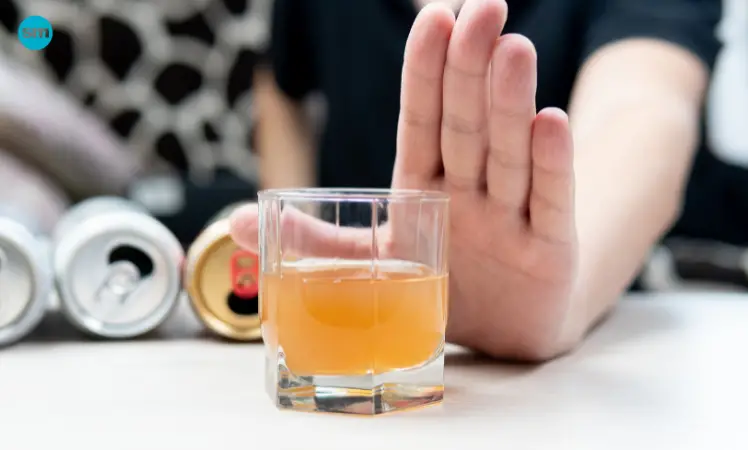Last Updated on January 16, 2024 by Lori Pace
There are Scholarships for Recovering addicts to help them maintain a clean life and continue their education. College campuses are well aware of the problem of alcohol and drug abuse.
Many initiatives on campus target students with active substance abuse issues, including binge drinking. Scholarships (college grants) specifically help students who are struggling with drug or alcohol addiction. Students who have recovered from addictions can receive grants to help them get into college.
Scholarships for Recovering Addicts – Returning to College in Recovery

While scholarships for recovering addicts may offer hope and a better future, it is also a huge commitment. Students who are in recovery need to be committed and continue their abstinence from alcohol or drugs for the rest of their lives.
Students in recovery are at greater risk for relapses when embarking on a life-changing journey. These steps will help you succeed as a college student in rehabilitation.
- Talk to other students who are in recovery. Support networks can be a great help. It can be scary to return to school. However, there are many students who have learned from those who have succeeded academically while living a healthy lifestyle.
- Make an education plan that has clear goals and objectives. This will help you make the right decisions about how to complete your degree program.
- It is crucial to find the right school for students in recovery. Students in recovery need to look beyond academics and identify their personal stressors, such as financial, counselling, treatment resources, on-campus recovery, and so forth.
- Finding the best housing in a safe and supportive community is recommended. This will reduce stress and triggers.
- Counseling is a great option. You can also seek support from friends and family members, as well as programs that offer help off-campus. It can help to avoid isolation and the negative feelings that come with it.
- To manage stressors, stay organized and keep a schedule.
- Look for events that promote the creation of substance-free networks.
- You can join a collegiate rehabilitation community (CRCs), or collegiate recovery program (CRPs) that offers support and resources for students in recovery. Although CRPs and CRCs may not be available on every campus, they are becoming more common.
Where to Apply for Scholarships for Recovering Addicts?
All your savings can be wiped out by addiction. You might spend more money on your addiction while you try to get it under control. This could drain all of your financial resources.
Scholarships for recovering addicts are available if you’re ready to live a sober, healthy life and wish to continue your education. These grants can pay for a portion or all of your education.
1. Hope for Addiction
The grant sponsored by the U.S. Department of Housing and Urban Development is Hope for Addiction. Hope for Addiction is open to former or recovering addicts who promise to stop using drugs and alcohol for the rest of their lives.
Students enrolled in college, vocational school or trade school receive an award of $1,000. These are offered quarterly. Candidates must be younger than 27 years old to be eligible.
They might need to take a drug test as proof of their sobriety at the time they apply or during an academic year.
For more information, visit the Hope for Addiction website.
2. Texas Tech University
Recovering addicts may apply to Texas Tech University for the scholarship program.
The applicant must be clean for one year and have 12 credits to complete the first semester. They must also have a minimum 3.0 GPA to be eligible for the courses. The awards amount can range from $500 to $2,000 each semester. Students with better leadership and educational records can receive higher awards.
3. Tulsa Community College
Tulsa Community College offers a scholarship for students who have been sober for at least six months consecutively, active members of the student rehabilitation group, and enrolled in six or more credit hours.
Students must write a letter explaining their situation and get letters of recommendation. They also need to achieve at least the minimum passing average. The number of awards awarded may vary depending on the availability of funding.
4. Technology Addiction Awareness Scholarship
Technology addiction is also a problem besides alcohol and drugs. Digital Responsibility grants the $1,000 Technology Addiction Awareness Scholarship.
Students applying to a college or graduate program submit a statement on technology addiction. The ten finalists selected are asked to write a more comprehensive essay on their addiction.
Conclusion about Scholarships for Recovering Addicts
Any student can abstain from any addiction if they put in the effort. Recovering addicts can get scholarships that make recovery more accessible and more rewarding.
Keep a schedule and make time for recovery activities to help your recovery further. Moreover, there are also grants for recovering addicts, including dental grants and Medical Assistance.

